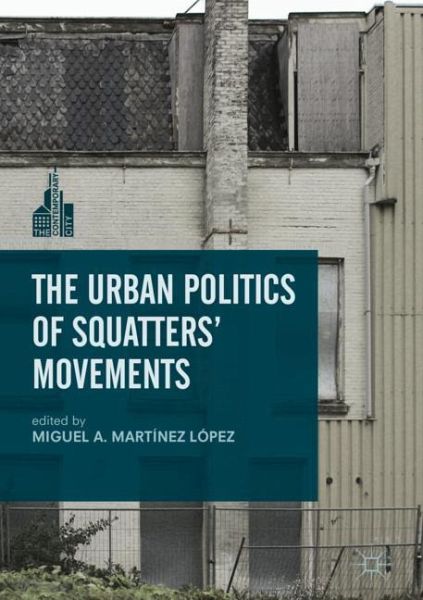
The Urban Politics of Squatters' Movements

PAYBACK Punkte
42 °P sammeln!
This volume sheds light on the development of squatting practices and movements in nine European cities (Madrid, Barcelona, Seville, Rome, Paris, Berlin, Copenhagen, Rotterdam and Brighton) by examining the numbers, variations and significant contexts in their life course. It reveals how and why squatting practices have shifted and to what extent they engender urban movements. The book measures the volume and changes in squatting over various decades, mostly by focusing on Squatted Social Centres but also including squatted housing. In addition, it systematically compares the cycles, socio-spa...
This volume sheds light on the development of squatting practices and movements in nine European cities (Madrid, Barcelona, Seville, Rome, Paris, Berlin, Copenhagen, Rotterdam and Brighton) by examining the numbers, variations and significant contexts in their life course. It reveals how and why squatting practices have shifted and to what extent they engender urban movements. The book measures the volume and changes in squatting over various decades, mostly by focusing on Squatted Social Centres but also including squatted housing. In addition, it systematically compares the cycles, socio-spatial structures and the political implications of squatting in selected cities. This collection highlights how squatters' movements have persisted over more than four decades through different trajectories and circumstances, especially in relation to broader protest cycles and reveals how political opportunities and constraints influence the conflicts around the legalisation of squats.
p>
p>














